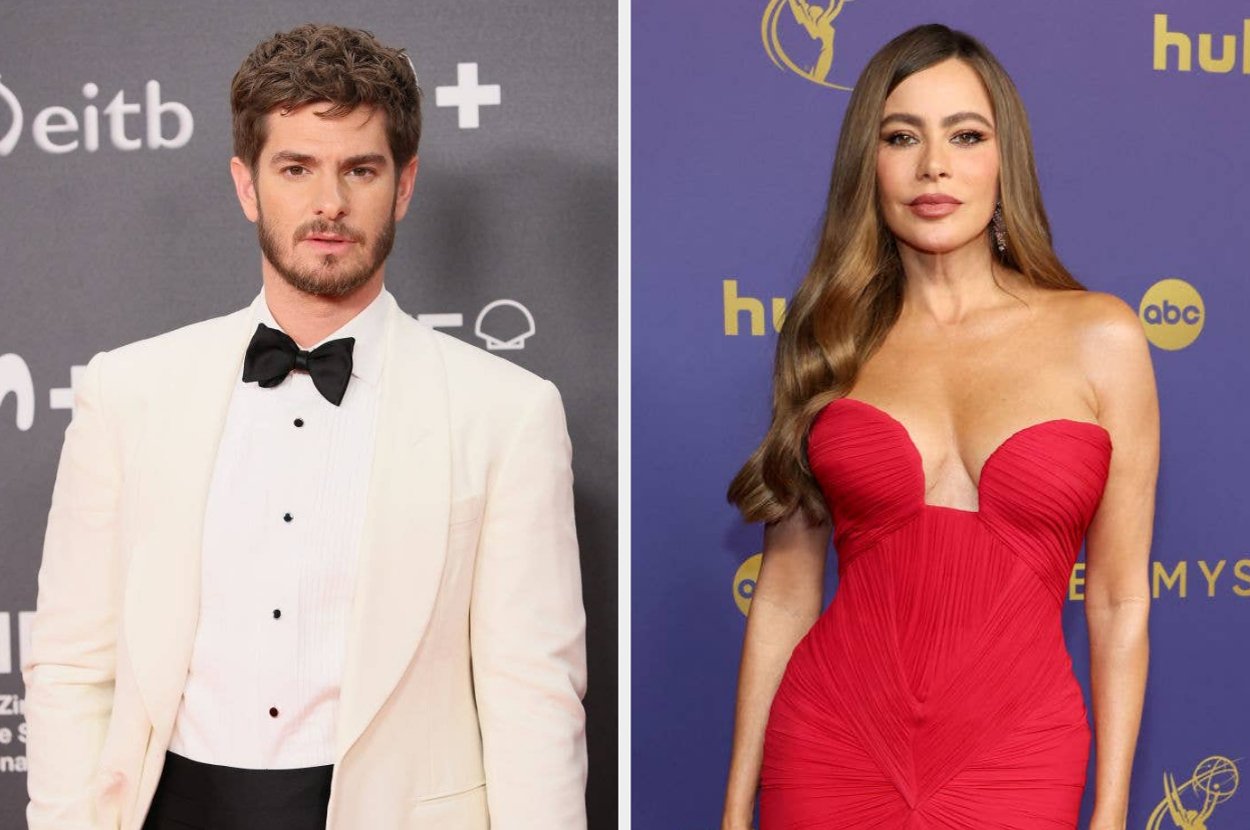Celebritiy
18 Actors Pressured to Alter Their Accents for Career Success

In the competitive world of acting, many performers find themselves facing undue pressure to alter their natural accents. This phenomenon has been highlighted by various notable actors, who have bravely shared their stories about being asked to change, exaggerate, or even suppress their accents to secure roles. Here’s a look at 18 actors who have navigated these challenges in their careers.
Florence Pugh recently opened up about her experiences in a 2024 TikTok video promoting her film We Live in Time. She revealed, “This is my second movie where I’ve used my real voice. A lot of people assume that my British accent is fake when I speak in interviews, which isn’t the case.” Pugh emphasized the misconception about her authentic voice, reflecting on the struggles she faced with public perception.
Teaming up with her costar Andrew Garfield, who also commented in the same TikTok, they both acknowledged their discomfort with the idea of altering their accents. Andrew shared, “I think this is the first time I’m using my real voice.” He expressed his own challenges with maintaining authenticity while adapting his natural accent for previous roles.
Lupita Nyong’o, during a 2024 podcast episode, recounted her journey at the Yale School of Drama, where she felt compelled to adopt an American accent to fit into the industry. “I wanted to ensure I could pursue a career in acting, and unfortunately, there was little demand for Kenyan accents in film,” she stated, impacting her self-image but later embracing her original accent after gaining success.
Sofía Vergara, in a 2015 interview, shared her frustrations about trying to rid herself of her Colombian accent through expensive voice coaching. She candidly expressed how it led to poor audition performances, ultimately deciding to embrace her natural voice instead.
Kumail Nanjiani reflected on his own experiences, recalling, “During early auditions, they often asked me to exaggerate my Pakistani accent. Eventually, I decided it wasn’t worth compromising who I was.” Nanjiani’s refusal to conform paid off, even when he faced prominent directors who didn’t see the potential in his authentic voice.
Olivia Cooke expressed her regrets about losing her Northern English accent during industry interactions. “I often feel the need to change my voice, even though I am proud of where I come from. It reflects the industry’s exclusivity and lack of representation,” she lamented.
Diego Luna weighed in on how he navigated the expectation to neutralize his accent in the past. He stated, “Keeping my accent was not a conscious decision; I felt it was essential to represent diversity in language and culture, especially in roles pulling from rich narratives.”
Awkwafina discussed her resolve against performing accents that felt inauthentic, sharing a particular audition memory where she walked out over the casting director’s insistence to adopt an exaggerated version. In 2022, she confronted criticism related to her use of African American Vernacular English, highlighting the complexities of navigating identity in her work.
Stephanie Hsu recalled a relevant audition experience where she chose not to adopt an Asian accent. “I made it clear that if this was the direction they were going, then I would rather not participate.” Her commitment to authenticity resonated deeply with her self-worth.
Billy Boyd and John Cho also shared their insights, with Boyd expressing frustration over the stereotype of being misunderstood due to his Scottish accent, while Cho initially rejected roles that required him to alter his voice for comedic effect. Matthew Rhys candidly shared the internal struggle he faced while auditioning as a Welsh person.
Reflecting on their journeys, each actor revealed the intricate balance between the demands of the industry and their cultural identity. Arnold Schwarzenegger, in recounting his early career challenges, emphasized how what was seen as a barrier—the accent—ultimately became one of his greatest strengths, helping him carve an iconic place in Hollywood.
These narratives highlight the ongoing conversation about representation, authenticity, and the importance of embracing one’s roots in an industry that often pushes for conformity.
